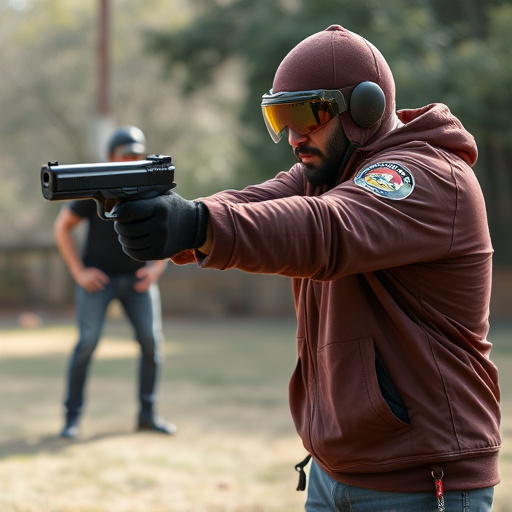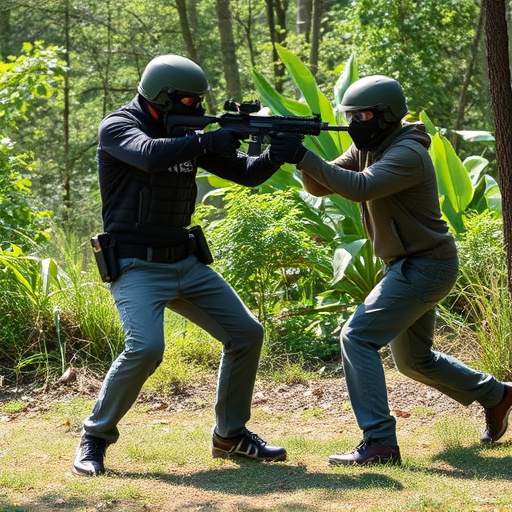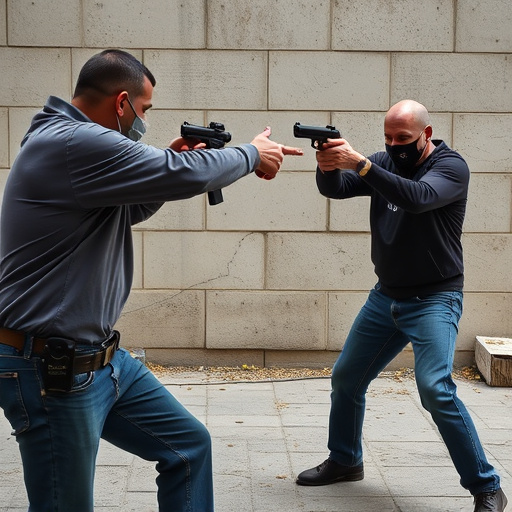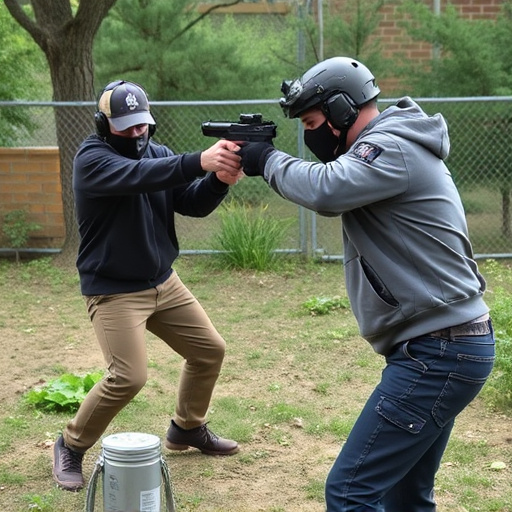State laws governing civilian taser ownership vary widely in the U.S., impacting age restrictions, permit requirements, and carry regulations. Prospective buyers should thoroughly research these laws before purchasing stun guns that balance ease of carrying with effective self-defense capabilities. Prioritize buying stun guns that are easy to carry and use, ensuring they comply with local regulations and offer user-friendly features for safety and legality.
“Unraveling the legal landscape of civilian taser ownership, this comprehensive guide navigates state-by-state regulations. From understanding the legal framework to exploring easy-to-carry requirements, this article ensures you’re well-informed. Learn about use restrictions and essential safety tips for acquiring stun guns. Discover top buying strategies to ensure compliance and peace of mind when purchasing these powerful personal defense tools designed for ease of carry and responsible use.”
- Legal Framework: Understanding State Laws on Taser Ownership
- Easy-to-Carry Requirements: What Makes a Stun Gun Legal?
- Use Restrictions: When and Where Can You Legally Deploy?
- Buying Guide: Top Tips for Acquiring Safe and Legal Stun Guns
Legal Framework: Understanding State Laws on Taser Ownership

In the United States, the legal framework governing civilian taser ownership varies significantly from state to state. Understanding these state laws is crucial for those interested in purchasing and possessing stun guns, especially as they differ greatly in terms of age restrictions, permit requirements, and open carry regulations. Each state has its own set of rules, making it essential for prospective buyers to research the specific laws in their jurisdiction before considering buying a taser that’s both easy to carry and use.
Navigating these laws involves understanding what constitutes a legal stun gun, the permitted uses, and where it can be carried openly or concealed. Some states allow open carry without a permit, while others require a concealed carry permit for stun guns. Additionally, restrictions on power output, size, and capacity vary widely, further complicating the process. However, with careful consideration and adherence to local regulations, civilians can legally acquire and possess stun guns that offer both ease of carrying and effective self-defense capabilities.
Easy-to-Carry Requirements: What Makes a Stun Gun Legal?

When considering buying a stun gun for personal protection, one crucial factor is its ease of carry and use. State laws vary widely regarding civilian ownership of stun guns, but to be legally carried, these devices must meet specific criteria. Typically, this includes requirements like size, weight, and power output, ensuring they are compact and easily concealable. Look for stun guns that are designed with a slim profile and comfortable grip, allowing for discreet carry in pockets, purses, or even hidden on your person.
The ease of use is another vital aspect. Opting for models with simple, intuitive triggers and consistent activation mechanisms will ensure you can deploy the device quickly and effectively when needed. Remember to always check local regulations and consult law enforcement for specific guidelines on stun gun ownership and carry permissions in your area, focusing on buying stun guns that align with these legal requirements for easy and lawful carry.
Use Restrictions: When and Where Can You Legally Deploy?

When considering civilian taser ownership, understanding use restrictions is paramount. Laws governing taser deployment vary significantly across states, dictating both the circumstances and locations where stun guns can be legally employed. In general, tasers are not permissible for everyday self-defense outside of specific situations; their use is typically restricted to scenarios involving imminent physical harm or as a last resort when other means of de-escalation have failed.
For instance, many states allow the use of tasers only if the individual reasonably believes it necessary to protect themselves or others from an imminent threat of serious bodily harm. This usually requires visual confirmation of a danger or an attempt by the aggressor to inflict such harm. Public spaces like streets, parks, and shopping centers are often off-limits for taser deployment unless the user is facing an immediate life-threatening situation. Always buy stun guns that are easy to carry and use, ensuring they comply with local regulations, to avoid legal repercussions when exercising your right to self-defense.
Buying Guide: Top Tips for Acquiring Safe and Legal Stun Guns

When considering buying a stun gun, prioritizing safety and legality is paramount. Start by selecting models designed with user-friendly features, like simple activation mechanisms and compact designs that facilitate easy carrying. Look for devices with clear visual cues and robust construction to ensure reliable performance.
Check your state’s laws thoroughly before making a purchase. Requirements vary widely regarding permit types, waiting periods, and restrictions on where and how you can carry your stun gun. Confirm that the model you choose aligns with these regulations to avoid legal complications and ensure your safety.
In conclusion, navigating civilian taser ownership involves understanding intricate state laws. By familiarizing yourself with legal frameworks, easy-to-carry requirements, and specific use restrictions, you can ensure compliance while exercising your right to protect yourself. Remember, buying safe and legally acquired stun guns is key to responsible self-defense, enabling you to make informed decisions based on your state’s regulations.
